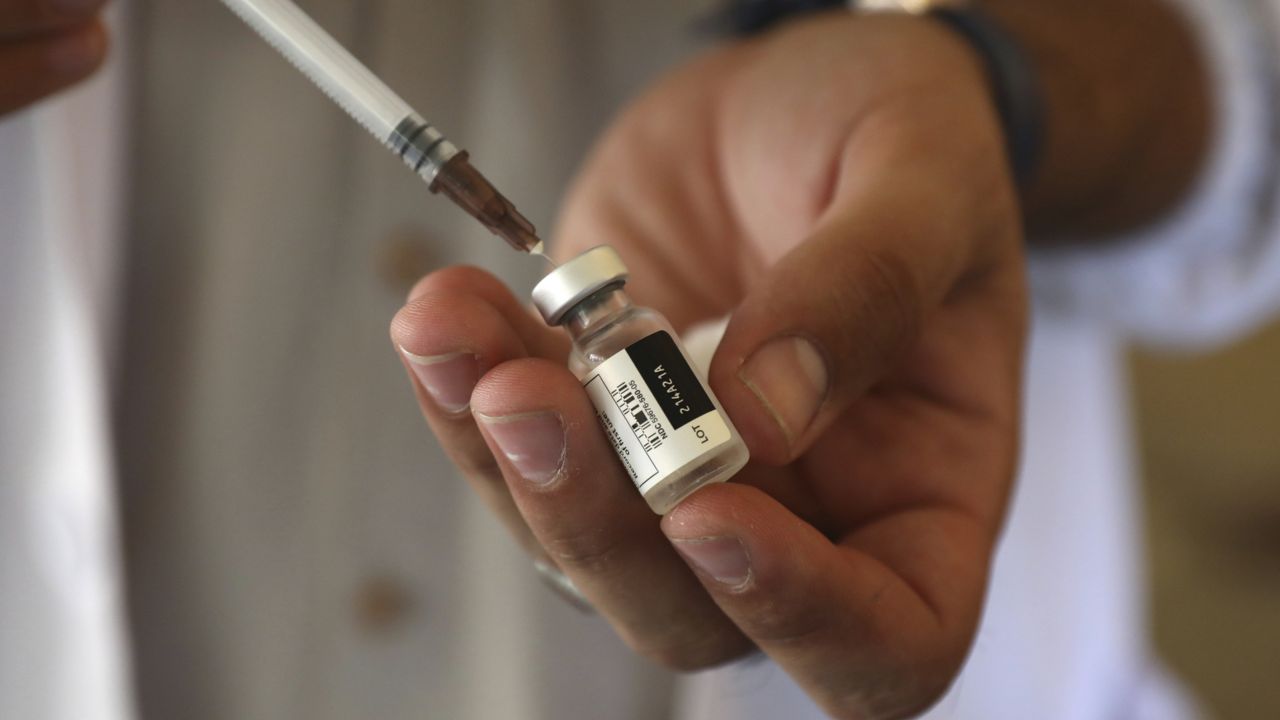The head of the World Health Organization (WHO) on Monday criticized wealthy nations seeking to give out COVID-19 booster shots, urging them to instead focus on donating the supply to countries whose populations remain largely unvaccinated.
At a press conference on Monday, WHO Director-General Tedros Adhanom Ghebreyesus said the "global gap in vaccine supply is hugely uneven and inequitable," adding in part: "Some countries and regions are actually ordering millions of booster doses, before other countries have had supplies to vaccinate their health workers and most vulnerable."
Tedros’ statement came soon after Israel announced it would be the first country to begin administering COVID-19 booster shots for some of its population. Israel is currently the seventh-most vaccinated country, with 57% of its country already having received a full regimen of a COVID-19 vaccine.
Israel on Monday began giving booster shots of the Pfizer-BioNTech vaccine to those with weakened immune systems.
Also Monday, Pfizer representatives met with top U.S. health officials to discuss the drugmaker’s request for federal authorization of a third dose of its COVID-19 vaccine. That meeting came days after Pfizer asserted that booster shots would be needed within 12 months.
Top U.S. health officials are still in the process of reviewing Pfizer’s data before making any recommendation for or against a booster shot. Last week, the Food and Drug Administration (FDA) and the Centers for Disease Control and Prevention (CDC) released a joint statement declaring fully vaccinated Americans “do not need a booster shot at this time.”
Tedros on Monday went so far as to say countries already approving booster shots are making “conscious choices right now not to protect those in most need.”
"Instead of Moderna and Pfizer prioritizing the supply of vaccines as boosters to countries whose populations have relatively high coverage, we need them to go all out to channel supply to COVAX, the Africa Vaccine Acquisition Task Team and low and low-middle income countries, which have very low vaccine coverage,” he continued.
Tedros noted the rising concerns worldwide over the Delta variant, a highly-contagious mutation of the COVID-19 virus first identified in India that has now spread to over 100 countries. The Delta variant is expected to become the dominant strain across the globe in the coming weeks or months.
“The Delta variant is ripping around the world at a scorching pace, driving a new spike in COVID-19 cases and death," Tedros said.
At least 16 African countries are battling a new surge of infections sweeping across the continent. But just 16 million, or less than 2%, of Africa’s 1.3 billion people are now fully vaccinated, according to the WHO.
Myanmar has been slow to wake up to a devastating surge in cases since mid-May, and is currently facing an oxygen shortage as cases climb even further. The data on vaccinations is not very clear, but it appears that as of last month, only 3.5 million doses had been administered to the country’s 55 million people, meaning a maximum of 3.2% of the population would be fully vaccinated with two doses.
The U.S. and other wealthy countries have agreed to share at least 1 billion doses with struggling countries. According to the CDC, around 48% of the total U.S. population is fully vaccinated against COVID-19.



